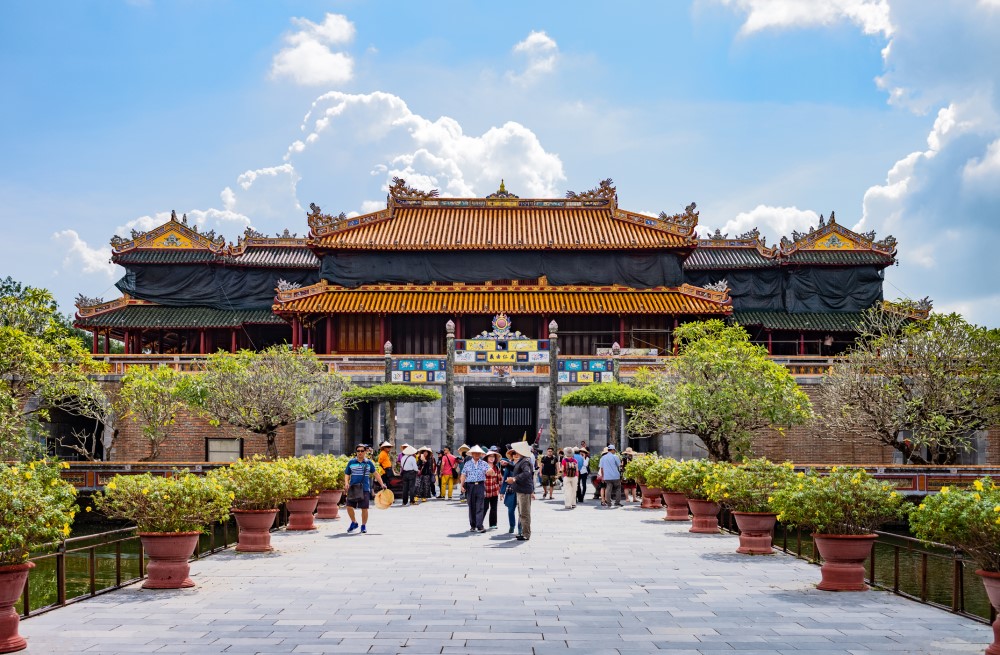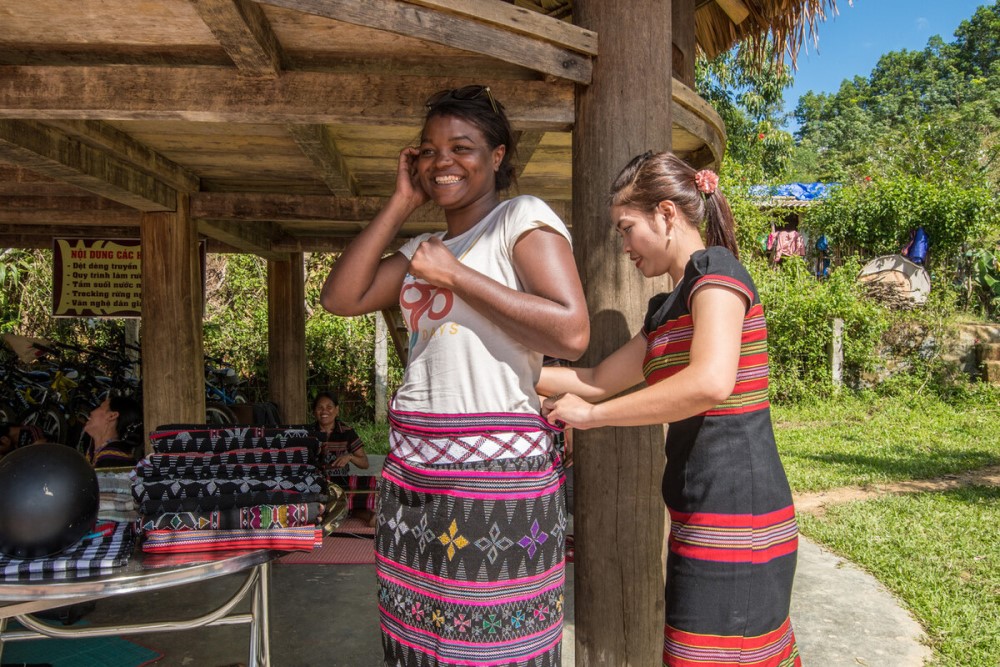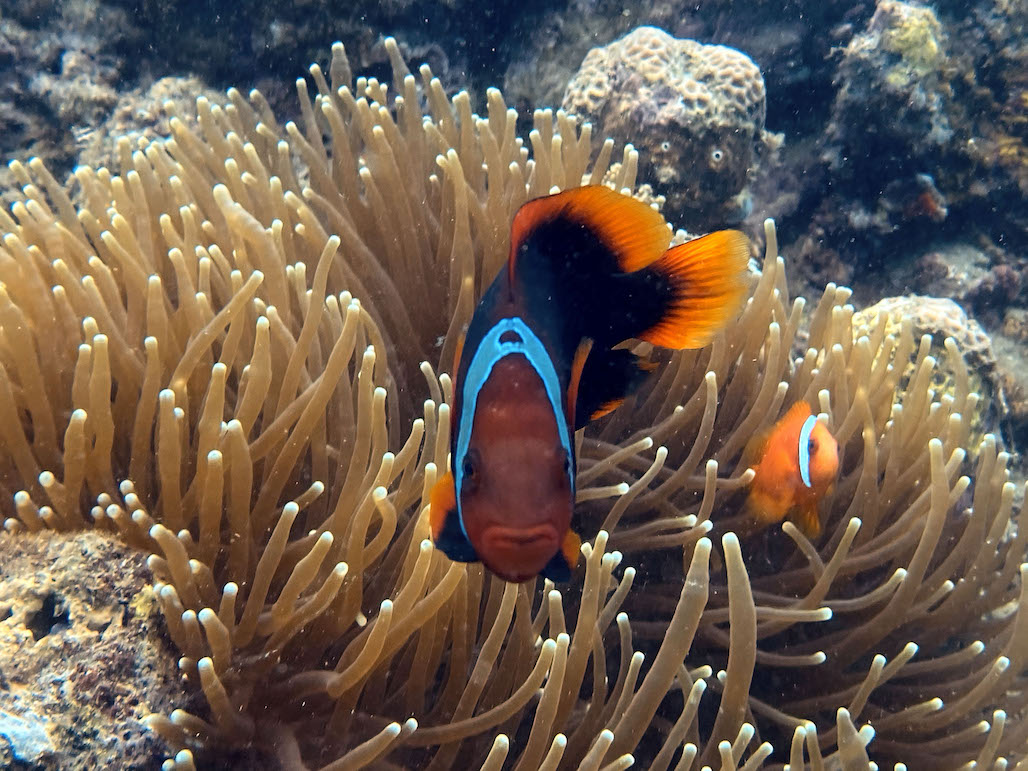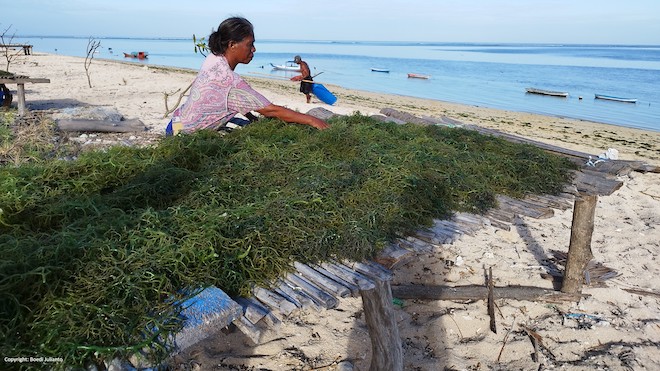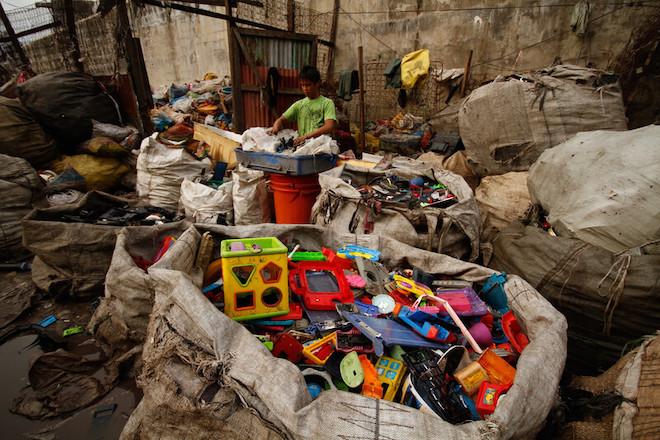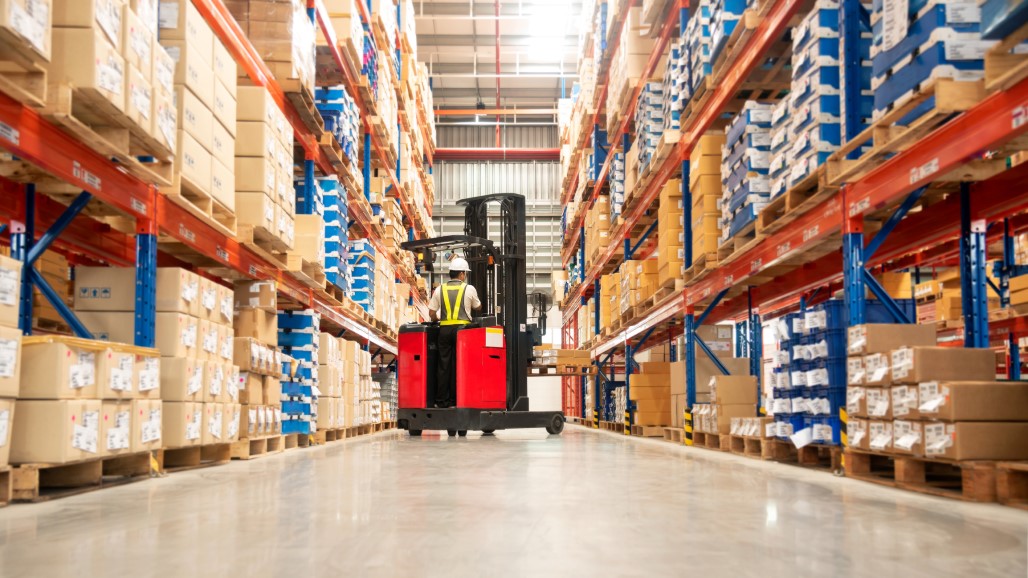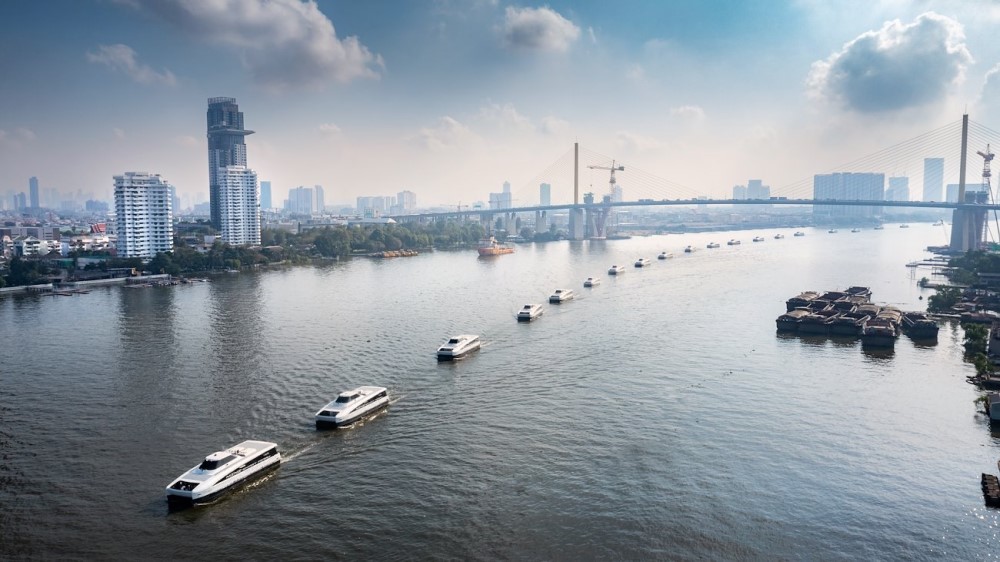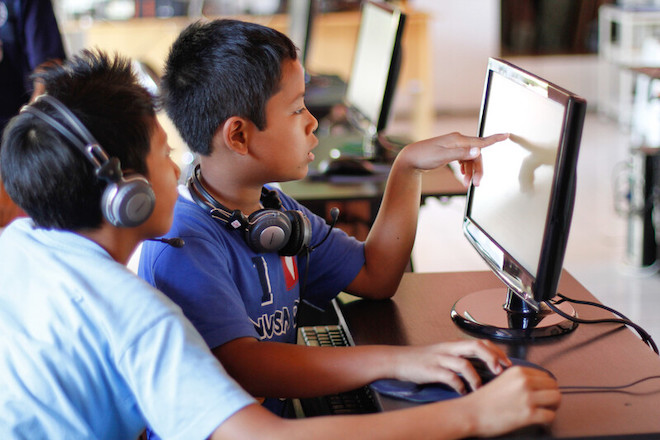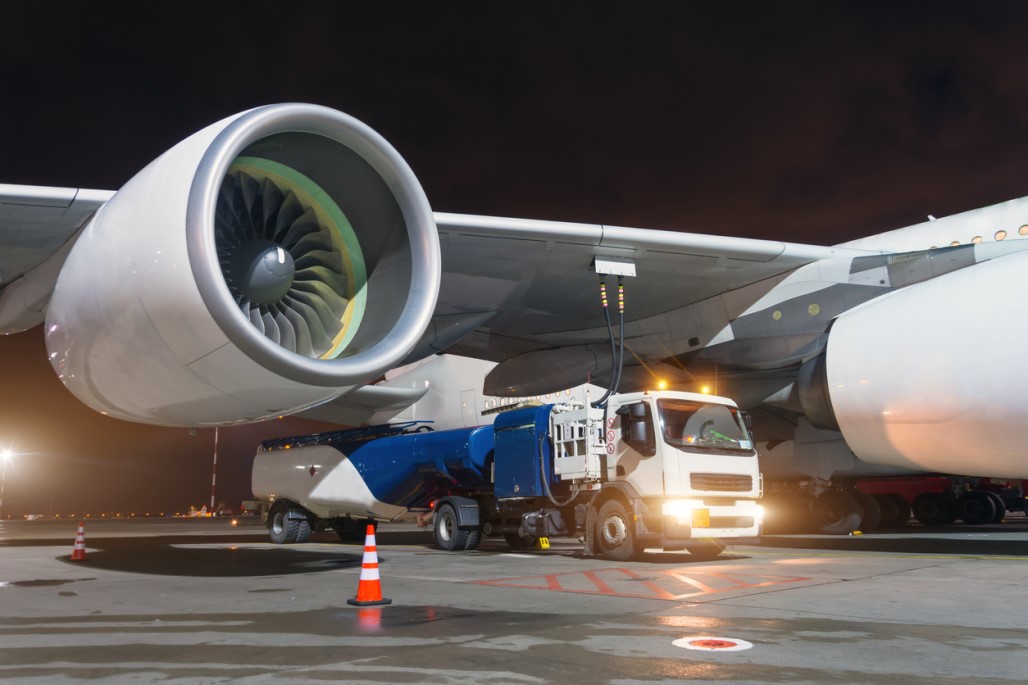Closing loopholes in the regulation of alternative accommodations would benefit the travelers, the state, and property owners.

Solutions

View All Solutions
The city of Hue in central Viet Nam is looking at nature-based solutions to balance historical asset conservation and urban development as well as enhance climate resilience.
Tourism ministers in Southeast Asia have endorsed a holistic and long-term strategic plan to guide the sustainable development of the tourism industry.
With parametric insurance, payouts can be made immediately after a typhoon, making it an effective tool to fund the rapid emergency restoration of coral reefs post damage.
Women play a crucial role in the seaweed value chain, from farming and harvesting to processing and marketing.
When it comes to designing for heat, sustainable solutions, such as incorporating the natural environment into the design, should be paramount.
Ensuring producers are responsible for the management of products at the post-consumer stage is key to ending plastic pollution.
ASEAN governments need to embed digital transformation strategies into broader national health plans.
Foreign direct investment flows to the region hit a record $224 billion in 2022.
The twin goals of Thailand's electric vehicle (EV) strategy are to reduce greenhouse gas emissions in the transport sector and to become a regional leader in EV production.
Although 70% of ASEAN's population are internet users, the region needs to improve digital access and literacy and upgrade people's skills for genuine digital transformation.
Rich in feedstock, the region can become an important source of biofuel, which is currently in short supply.

